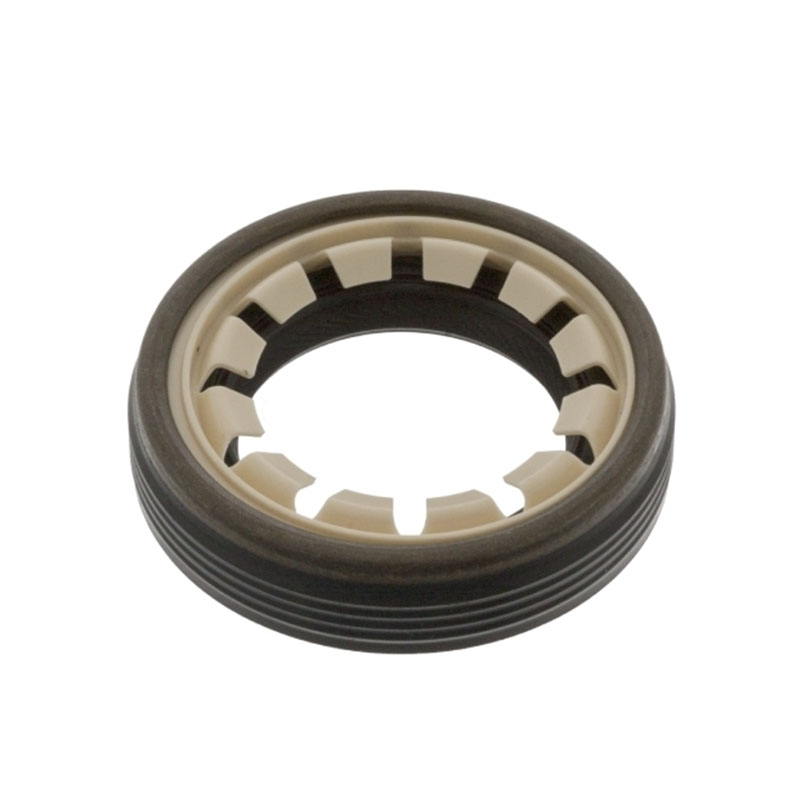Understanding the Function and Importance of Mechanical Oil Seals in Machinery
Understanding Mechanical Oil Seals The Unsung Heroes of Machinery
Mechanical oil seals are essential components in various machinery, serving to prevent the leakage of lubricants and keep contaminants out. Although often overlooked, these seals play a crucial role in the maintenance and longevity of engines, pumps, and various other mechanical systems. In this article, we will explore the different types, functions, applications, and benefits of mechanical oil seals in modern engineering.
What is a Mechanical Oil Seal?
A mechanical oil seal is a device designed to seal the gaps between two mechanical parts. Typically made from rubber, elastomer, or plastic, oil seals are essential for maintaining the integrity of systems under dynamic conditions. Primarily, they are tasked with containing lubricants like oil while preventing the ingress of dirt, moisture, and other contaminants that could jeopardize the functionality of machinery.
Components of Mechanical Oil Seals
Mechanical oil seals usually consist of several components
1. Body The main structure of the seal, often made from rubber or elastomeric materials, which provides flexibility and durability. 2. Spring A metal spring is incorporated into the design to exert pressure on the sealing lip, ensuring a tight fit against the shaft. 3. Sealing Lip This is the critical part of the seal that makes contact with the moving shaft. Its design and material significantly influence the performance and durability of the seal. 4. Backup Ring In some designs, a backup ring might be included to further enhance resistance against pressures and improve seal life.
Types of Mechanical Oil Seals
There are various types of mechanical oil seals, classified based on their design and application
1. Single Lip Seals These are the most common type, featuring a single sealing lip and a spring to maintain contact with the shaft. Ideal for applications with moderate sealing needs. 2. Double Lip Seals Featuring two sealing lips, these are utilized in applications requiring enhanced protection against contamination and fluid leakage.
3. Rotary Seals Specifically designed for rotating shafts, rotary seals offer a dynamic solution where the shaft is in continuous motion.
4. Fixed Seals Also known as static seals, these are designed for applications where parts do not move relative to one another.
mechanical oil seal

Applications of Mechanical Oil Seals
Mechanical oil seals find widespread application across various industries, including
- Automotive Used in engines, gearboxes, and axles to retain oil and prevent leakage, ensuring efficient operation and longevity of vehicle components. - Industrial Machinery Essential in pumps, compressors, and turbines to seal bearings and keep operating fluids contained. - Home Appliances Found in washing machines, refrigerators, and other appliances that utilize rotating components to maintain proper lubrication.
Benefits of Mechanical Oil Seals
The importance of mechanical oil seals cannot be overstated. Here are some key benefits
1. Leak Prevention The primary function of oil seals is to prevent fluid leaks, which can waste resources and cause operational inefficiencies.
2. Contamination Protection By keeping contaminants out, oil seals help maintain the integrity of lubricants, extending the life of both the lubricants and the machinery.
3. Cost-Effectiveness Effective sealing reduces the need for frequent maintenance and replacements, leading to lower operational costs over time.
4. Enhanced Performance By ensuring that machines operate with the right amount of lubrication and cleanliness, oil seals contribute to improved performance and efficiency.
5. Versatility Available in numerous sizes and materials, mechanical oil seals can be tailored to fit a vast range of applications, making them extremely versatile.
Conclusion
Mechanical oil seals may be small components, but they are integral to the seamless operation of many mechanical systems. Their ability to prevent leaks and block contaminants makes them vital in preserving the life and efficiency of machinery across various industries. As technology advances, the design and materials used for mechanical oil seals will likely continue to evolve, further enhancing their effectiveness and reliability. Investing in high-quality mechanical oil seals is crucial for anyone looking to maintain their machinery in optimal condition, ensuring a smoother and more efficient operation.
-
The Ultimate Guide to Car Repair Kits: Tools and Essentials Every Driver Should Own
News Aug.01,2025
-
The Complete Guide to Oil Pan Gaskets: Sealing Engine Leaks the Right Way
News Aug.01,2025
-
Preventing Oil Leaks: A Complete Guide to Oil Pan Gaskets and Drain Seals
News Aug.01,2025
-
Everything You Need to Know About Oil Pan Gaskets and Drain Plug Seals
News Aug.01,2025
-
Essential for Car Owners: How to Use a Car Repair Kit to Deal with Minor Breakdown
News Aug.01,2025
-
Comprehensive Guide to Engine Oil Sump Gaskets and Related Seals
News Aug.01,2025
-
The Ultimate Guide to Boat Propeller Bearings and Trailer Wheel Bearings
News Jul.31,2025
Products categories















